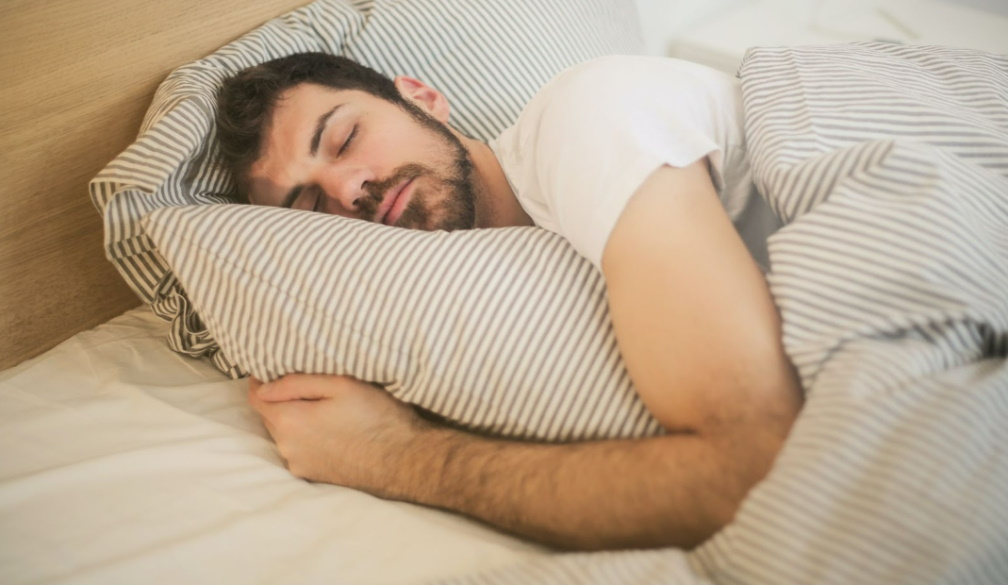Sleep Apnea Guide 101: Know the Signs, Prevention, and Cure

Sleep apnea is a common sleep disorder when breathing repeatedly stops and restarts between sleep periods. It causes daytime fatigue, high blood pressure, and high cholesterol levels in people that suffer from the disorder. Sometimes, it can cause liver problems, erectile dysfunction, and heart complications.
Meanwhile, people who suffer from sleep apnea do not know the signs and symptoms. Hence, they do not know they suffer from sleep apnea.
Do you think you suffer from sleep apnea? Then, it would help if you read this article. This article extensively discusses the signs, prevention, and cure for sleep apnea.
What is Sleep Apnea?
Sleep Apnea is a potentially serious sleep disorder that causes breathing to stop and repeatedly start during sleep. People who suffer from sleep apnea do not get deep and enough sleep and they're mostly men and aged people.
There are three types of sleep apnea: Obstructive sleep apnea, central sleep apnea, and complex sleep apnea syndrome.
Obstructive sleep apnea
Obstructive sleep apnea describes a type of sleep apnea that causes the relaxation of breathing muscles. The breathing muscles support the soft palate, walls of the throat, the tongue, and the tonsils. In short, breathing muscles line the airway passages in the upper respiratory tract.
When relaxed, the muscles close in on the air passages, reducing the amount of oxygen that gets into the body - the blood. The shortness of oxygen in the blood sends a negative signal to the brain, which in turn sends a signal arousing you from your sleep to re-open your air passages.
Often, people who sleep on their back suffer from obstructive sleep apnea. Also, people who take pain medications are at risk of suffering from the disorder.
Central Sleep Apnea
Central sleep apnea is another type of sleep disorder that occurs when the brain does not send signals to breathing muscles to continue inhalation and exhalation. When you suffer from sleep apnea, you might have difficulty staying asleep or going to bed.
The Signs of Sleep Apnea
- Loud snoring
- Waking up with a dry mouth
- Mood disturbances
- Day time fatigue
- Shortness of breath during sleep.
- Cognitive impairment, such as irritability and trouble concentrating
- Insomnia
- Morning headache
Sleep Apnea: Prevention and Cure
While sleep apnea can be hereditary for some people, it is not so in most people. In fact, several people who suffer from sleep apnea suffer due to factors associated with their lifestyle.
- Avoid excess weight gain: weight gain is associated with the relaxation of breathing muscles. Therefore, to prevent sleep apnea, you must avoid excess weight gain.
- Avoid alcohol or pain-relieving medication: Pain-relieving medications and alcohol relax the neck muscles. Therefore, you must avoid them to prevent sleep apnea.
- Change your sleeping posture: Sleeping on your back can cause sleep apnea. To prevent sleep apnea, you must sleep on your side or abdomen.
- Avoid smoking: smoking is a risk factor for developing sleep apnea. Hence, it would be best if you quit smoking.
Treatment of Sleep Apnea:
Sleep apnea can be treated through therapy or surgery.
- Therapy
Continuous Positive Airway Pressure(CPAP): CPAP is for moderate to severe sleep apnea. It is a machine that allows the continuous flow of air into air passages while you sleep. The pressured air is enough to keep your airways open, allowing for enough oxygen into the body.
Oral Appliances: Oral appliances are effective therapy devices for sleep apnea too. They help to keep the throat by bringing the jaw forward, which will, in turn, reduce snoring and sleep apnea.
- Surgery
Surgery is usually the last result if therapeutic sessions fail. During surgery, tissues can be removed from the rear of your mouth and the top of your throat. Your adenoids and tonsils can be removed too.
Also, the doctor can shrink the tissues at the back of your mouth and the top of your throat to ensure easy air passage during sleep. In some instances, the jaw can be repositioned to allow for easy airflow.
In Conclusion…
Surgery is the last result if a therapeutic session fails. And therapeutic sessions can be avoided if you prevent sleep apnea. In this article, we have discussed ways of preventing sleep apnea. Some of this prevention includes regular exercise and avoiding excess weight gain.










